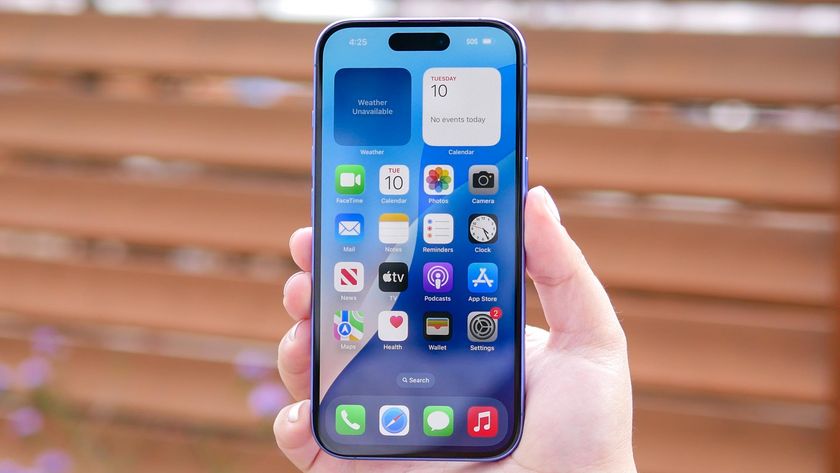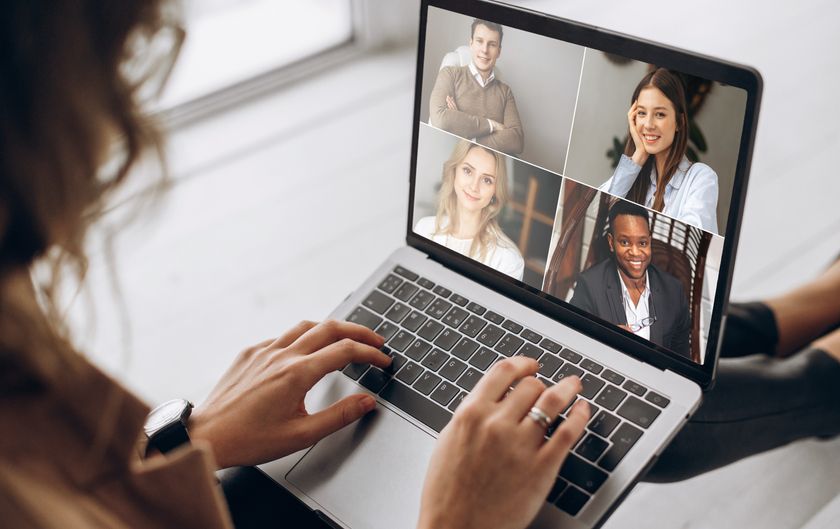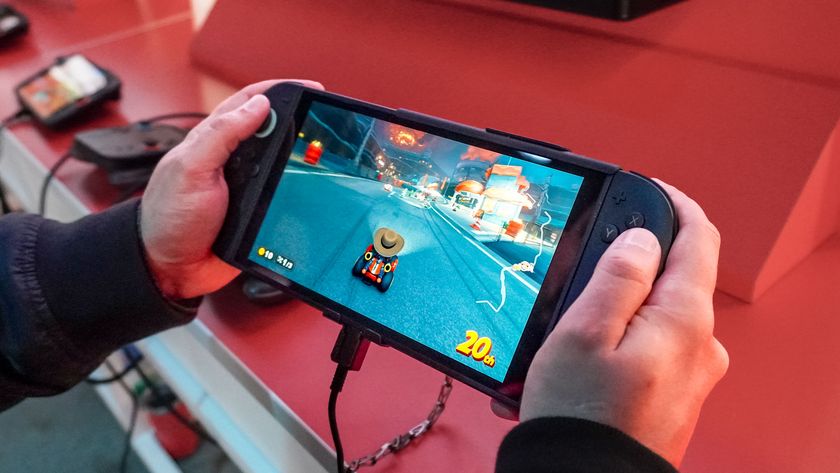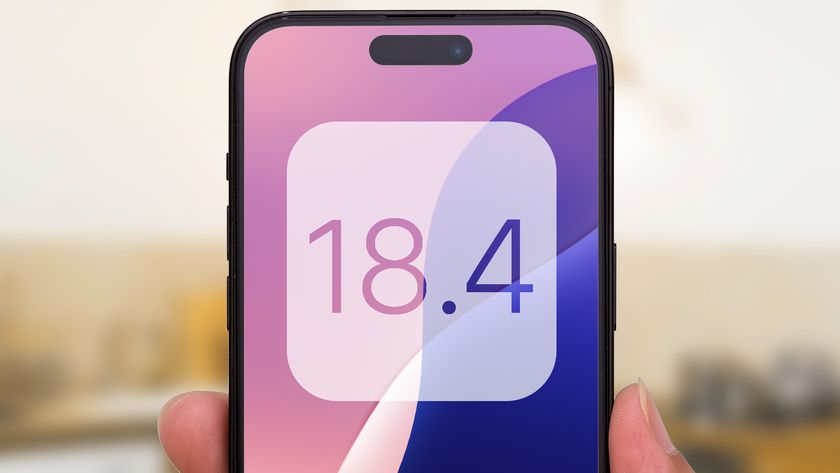Angry How Facebook Uses Your Data? Here's What to Do
Anyone outraged that Facebook let researchers conduct sociological experiments on users should read the fine print.
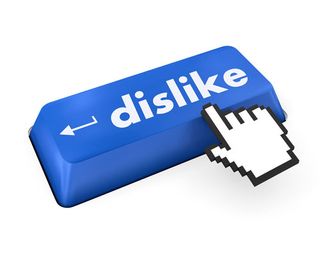
To everyone upset by the recent revelation that Facebook let academic researchers conduct a sociological experiment on its members without their consent: Are you really surprised?
A quick recap: Researchers tweaked nearly 700,000 random Facebook users' News feeds to present either more negative posts or more positive posts than they normally would have. Not surprisingly, those users' own subsequent posts, on average, displayed a slight but measurable tendency to follow the prevailing mood. (Facebook News feeds are normally run through a secret algorithm that displays only about a fifth of friends' postings.)
Once media outlets discovered the academic paper online, the prevailing mood across the Internet was outrage. Media commentators accused Facebook of manipulating its users' emotions, academics decried the research methods and one privacy advocate wondered whether the experiment had driven anyone to suicide.
MORE: 10 Facebook Privacy and Security Settings to Lock Down
Hyperbole aside, the fine print on Facebook's data-use and privacy policies allows the company to do pretty much whatever it wants with your personal data, as long as that data is anonymized so that it can't be easily tied to you. That's why Mark Zuckerberg is a billionaire, and you're not.
But what can you do about this situation? Not much, unless you suspend your Facebook account, or reduce your Facebook usage drastically.
You signed up for this
Facebook's security is top-notch, and it's admirable that the company is fighting New York City prosecutors about handing over the account data of hundreds of city employees suspected of disability-time fraud. But security is not the same as privacy, and the privacy you have on Facebook is roughly equivalent to what you pay to use Facebook: zero.
This is what you signed up for. Your privacy is what you've traded in order to easily reconnect with old friends, keep in touch with faraway relatives, do research on potential hires or romantic partners, send party invitations, play Farmville or show baby pictures to everyone you know. You can do most of those things with separate services, but only Facebook ties them all together in one convenient place.
In order to keep adding and refining those super-convenient features, Facebook has to monetize its content, and its content is what you and Facebook's 1.2 billion other users have contributed about yourselves. Facebook analyzes, anonymizes and aggregates that content and sells the resulting data profiles to advertisers, who are eager to fine-tune their ad buys to reach just the right people.
To be fair, Google does something similar, choosing the ads it presents on thousands of sites based on your Web-browsing and search history. But despite Google's best efforts to get people to divulge personal information on Google Plus — aka Facebook for nerds — the vast majority of people prefer to use Facebook as their primary online social network.
How to reduce your Facebook usage
So what's the alternative? Do you just stop using Facebook? That's one possibility. Whenever I meet people who aren't on Facebook, I congratulate them and suggest that they stay off it. (Most of those people never signed up for Facebook in the first place.)
If you already have a Facebook account, it's fairly easy to deactivate, or suspend, it. Facebook even has a quick primer on how to do so.
Once an account's been deactivated, Facebook says, the "Timeline and all information associated with it disappears from Facebook immediately" and the account won't show up in other users' search results. Holders of deactivated accounts will have to make sure they don't accidentally log into their accounts from mobile devices or third-party sites, or else their accounts may be reactivated.
Deleting a Facebook account is more difficult. Facebook will want you to contact it directly, and company staffers may try to persuade you to deactivate your account instead.
A less extreme solution is to minimize your use of, and your dependence on, Facebook. Log out of the Facebook apps on your smartphone or tablet — they use up way too much data and processing power anyway. Log into the Facebook website once or twice a week to see if anyone's died, married or been born, or if you've received an event invitation. Then log off immediately once you're done. (Facebook will track your online habits if you stay logged in.)
If there's any big news that you have to respond to, contact your friends via email or telephone instead of Facebook. Decentralize and disperse all the other services you once used Facebook for — get a Picasa account for family pictures, use Twitter for your political or pop-cultural musings, use email to keep in touch with far-off friends and relatives. Unlike Facebook, Twitter and some email services let you open accounts under a pseudonym.
Some of those alternative services may be collecting your data as well, but barring a corporate merger, they won't be able to cross-correlate it with information you post elsewhere. You won't be giving one provider all the pieces of your life.
If you'd rather not go through the trouble of ending or minimizing your Facebook use, then by all means go ahead and continue to use the service. It's an excellent communication tool. But remember the old cliché: If you're using a commercial service and you're not paying for it, then you're not the customer — you're the product.
Sign up to get the BEST of Tom's Guide direct to your inbox.
Get instant access to breaking news, the hottest reviews, great deals and helpful tips.
Paul Wagenseil is a senior editor at Tom's Guide focused on security and privacy. He has also been a dishwasher, fry cook, long-haul driver, code monkey and video editor. He's been rooting around in the information-security space for more than 15 years at FoxNews.com, SecurityNewsDaily, TechNewsDaily and Tom's Guide, has presented talks at the ShmooCon, DerbyCon and BSides Las Vegas hacker conferences, shown up in random TV news spots and even moderated a panel discussion at the CEDIA home-technology conference. You can follow his rants on Twitter at @snd_wagenseil.
-
lumpy "Unlike Facebook, Twitter and some email services let you open accounts under a pseudonym." what?Reply
I have never used my real name on Facebook. Wtf are you talking about? -
USAFRet Don't like the way Facebook works? Don't use Facebook.Reply
"Sociological experiments" in various media have been happening for decades. -
cats_Paw I only used facebook because my ex reconnected to me by it.Reply
Yep, its about as good of an Idea as Having facebook in the first place, but lets be realistic: We aint that smart. -
clau_aclx well facebook is like a chair. sit on it and discuss with others, but dont complain if a thumb will tickle your bottom. this is what you signed up for :)Reply -
pec0ra "If you're using a commercial service and you're not paying for it, then you're not the customer — you're the product."Reply
I'm sad to learn I'm the product of Tom's guide ;-) -
williamanderson FaCebOok Leads you To HAve The DeTailEd KNoWLEdge Of The WoRlD SitiNg On Chair In Your HOUse...I Think PeopLe Are Using Fb Just For Entertainment Process Not For the InFo ProcessReply

